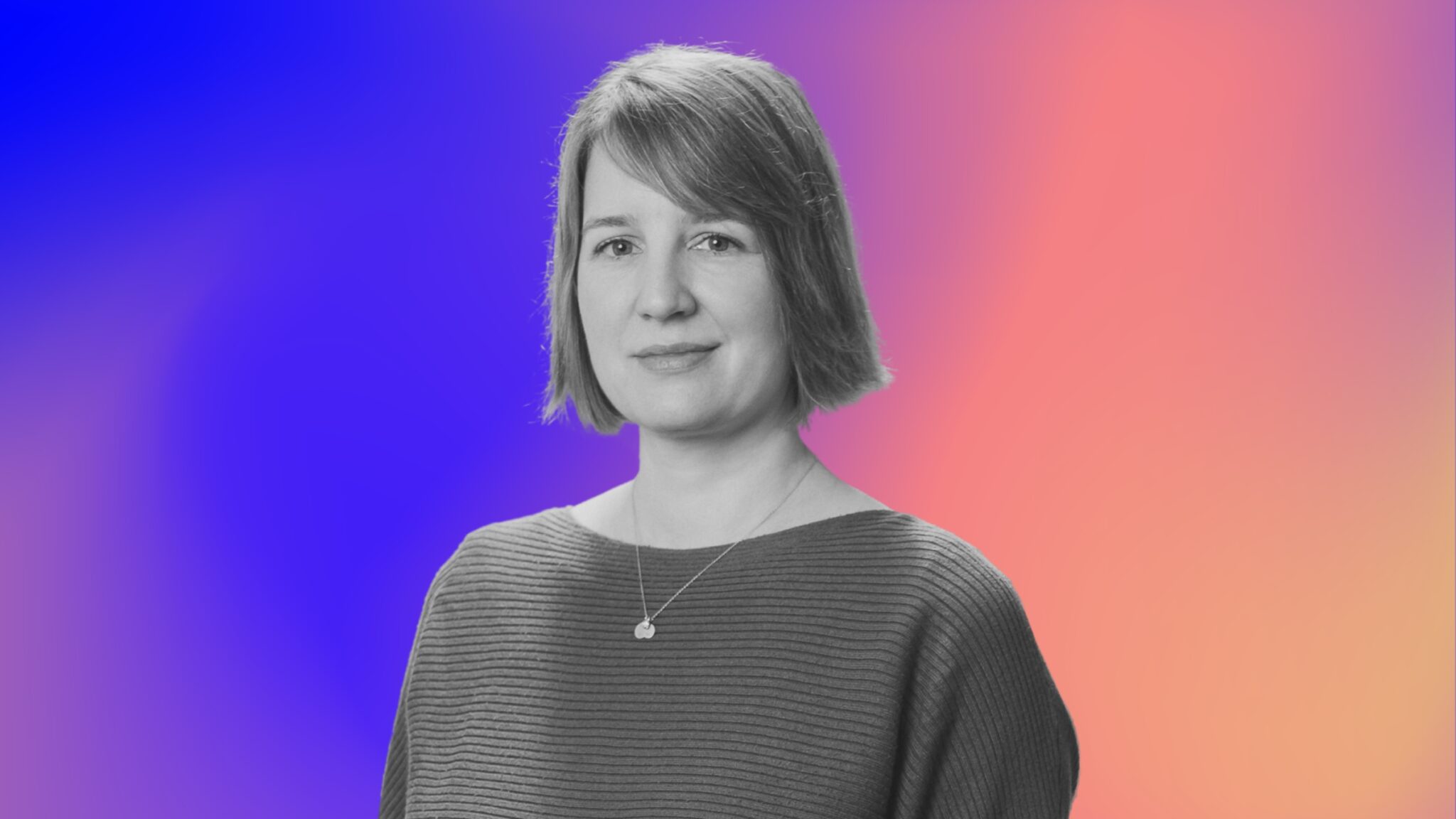
In our ongoing series exploring the diverse journeys of professionals at BRS, we delve into how early experiences and personal growth shape leadership and team dynamics. Today, we sit down with Co-CEO Judith Hoch, who shares insights on the value of early jobs, stepping out of comfort zones, and the strength found in diverse perspectives.
by Judith Hoch
How do you think early jobs, even those unrelated to one’s future career, are valuable in shaping work ethic and problem-solving skills?
Let’s be honest, how many 14-year-olds really know 100% what they want to do when they finish school? Early work experiences, even if completely unrelated to your future profession, teach valuable skills on so many levels.
To begin, these jobs often teach us things we don’t learn in school, like understanding and following a process. Most student jobs are simple enough tasks with clear steps and manual work, but they require precision. The goal is to learn and follow the process without making mistakes.
Could you share one of your first work experiences as a student?
One of my first jobs was at a bakery. It didn’t take long for me to learn how to set up the sales counter, operate the cash register, and bake bread. But figuring out how to do it quicker each week (I worked Sunday shifts for years) is what made it interesting. The faster we completed setup, the sooner we could “chill” and wait for customers.
Working with a diverse customer base was another invaluable experience. And problem-solving? That came in spades. What do you do when the cash register breaks? Or when there’s a big order, but you’ve run out of stock? Or when your colleague, who stayed out too late the night before, oversleeps and has the keys while you’re stuck with a line of customers outside?
At 16, there was no senior manager to step in and help, this bakery had outsourced the Sunday shift to three pupils of similar ages. I had to take responsibility and figure things out on my own. It was a crash course in accountability and creative problem-solving, lessons that have stayed with me ever since.
How important is it for young professionals to step outside their comfort zones, such as traveling or working abroad?
Working, traveling, or even studying abroad is an incredible experience if you have the chance to do it. I was lucky enough to do all three during my formative years and early career. As you said, it’s all about stepping out of your comfort zone: not knowing your way around, struggling to express yourself at first because you’re not speaking your native language, and taking responsibility of your own life and managing things on your own.
But for me, the biggest takeaway was being exposed to new cultures and perspectives. It’s one thing to know that people approach problems in their own way, but it’s another to experience that firsthand. When you stay within your home culture, you tend to see more similarities in how things are done. Working and studying abroad taught me to truly value other approaches and perspectives. It fostered adaptability and open-mindedness, qualities I carry into my work today.
BRS has a diverse team of experts from various backgrounds worldwide. What is the most significant benefit of combining varied perspectives within a team?
The simplest answer? There are always different solutions to a problem.
At BRS, my team comes from all over the world. Each person brings their own “backpack” of experiences such as different cultures, companies, and projects. This diversity gives us unique insights and leads to more innovative solutions. It also provides a broader understanding of global markets.
For us, this diversity is the backbone of our creativity. It’s what allows us to deliver projects that are both comprehensive and culturally relevant, and it’s a major driver of our success.
How do personal experiences shape someone’s leadership style?
As I said earlier, I see immense value in diverse perspectives. Knowing the capabilities of our extended team, I feel confident that we can always find a solution.
One thing I’ve learned is that I don’t need to be the smartest person in the room, I just need to know who is. Leadership, to me, is about empowering those people to step in, help, or take over the task. It’s about trusting your team and recognizing their unique strengths.